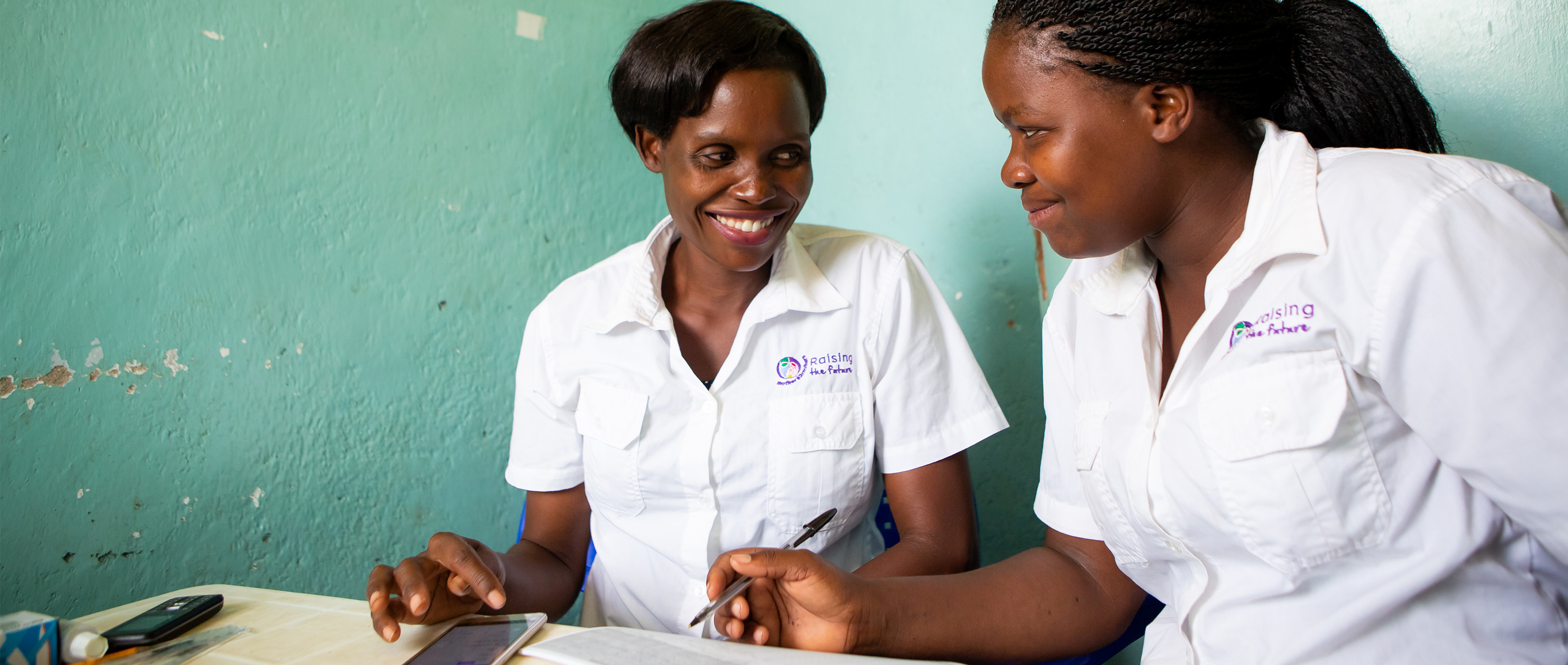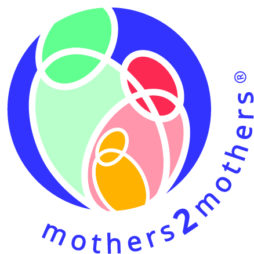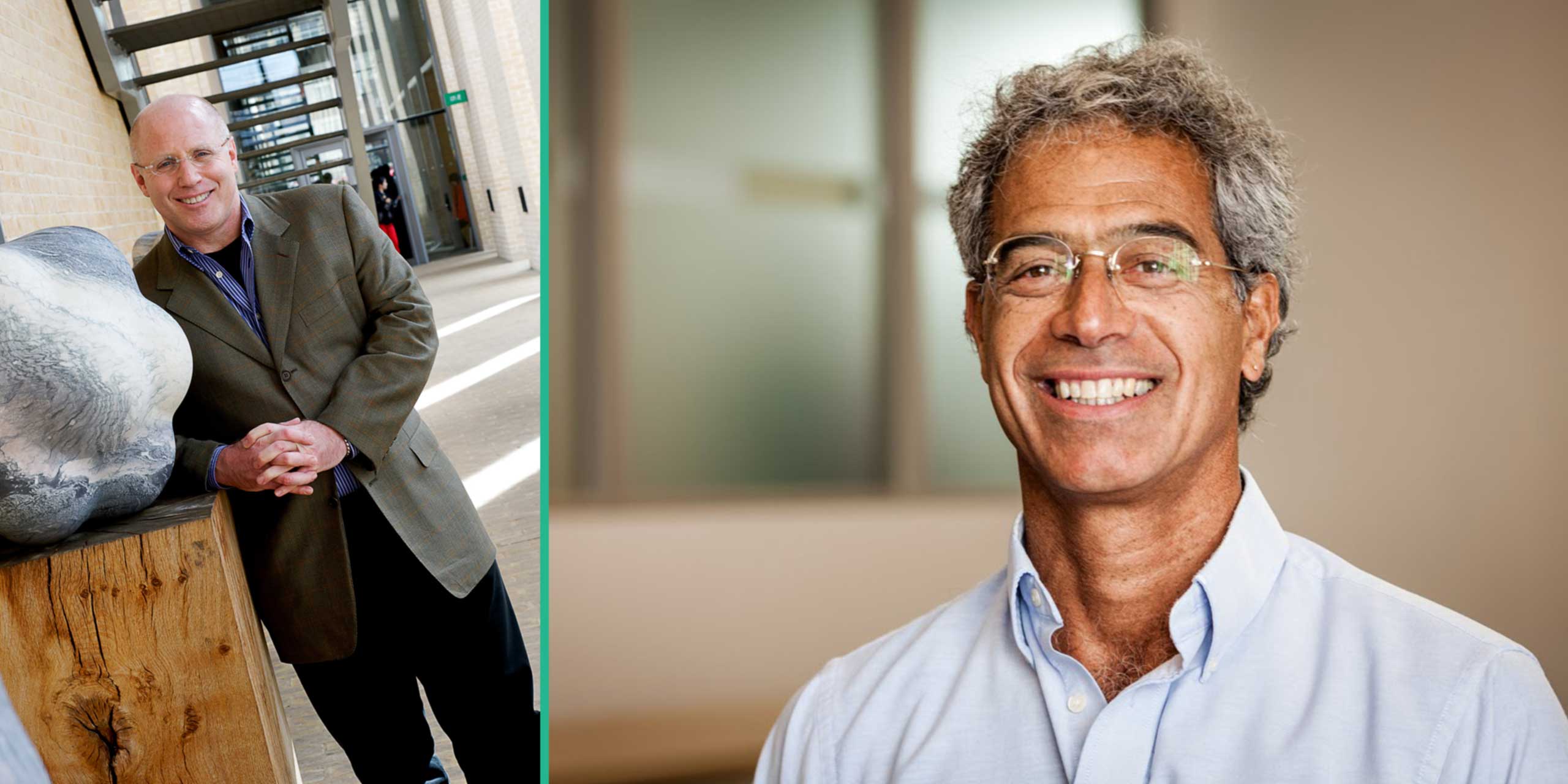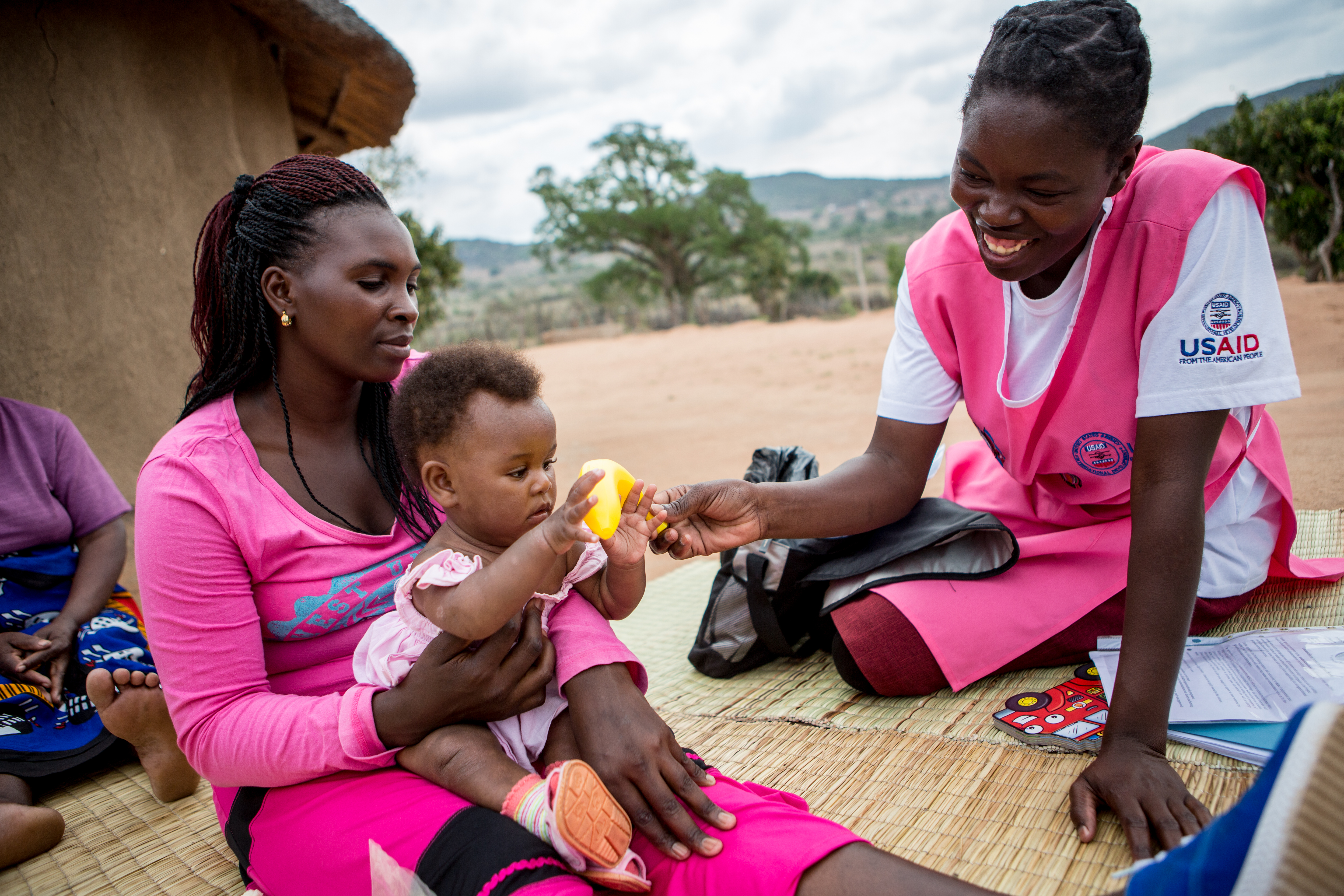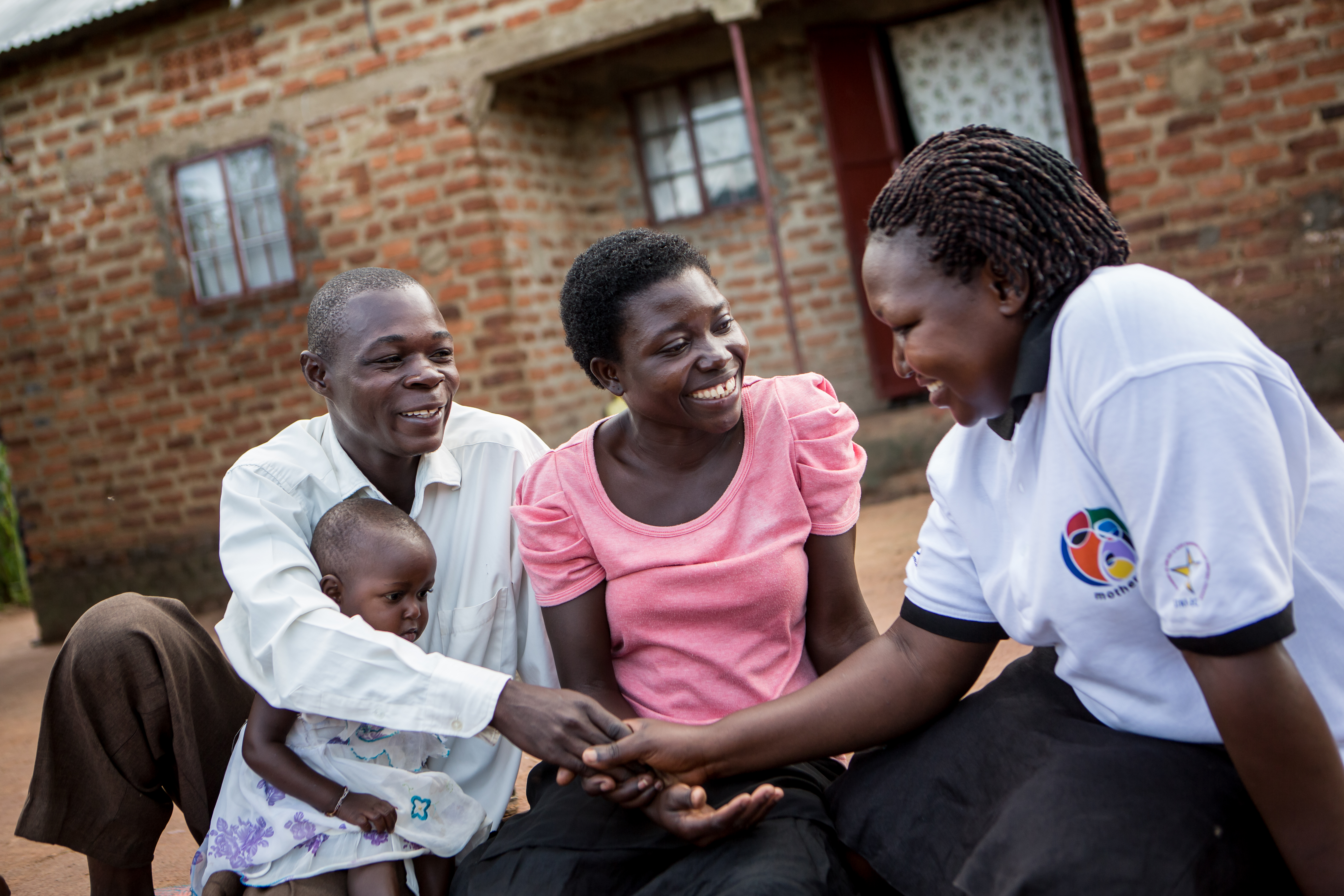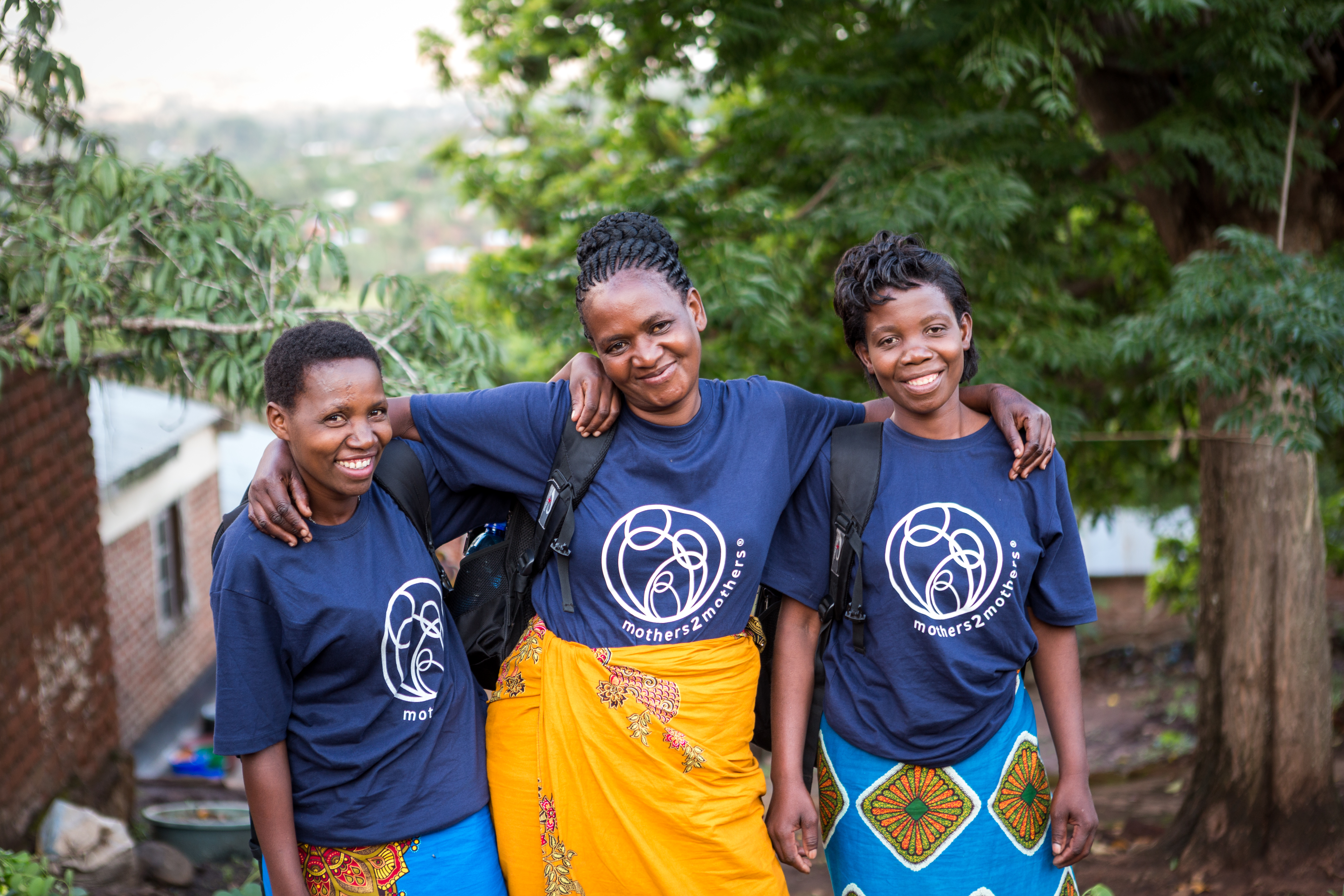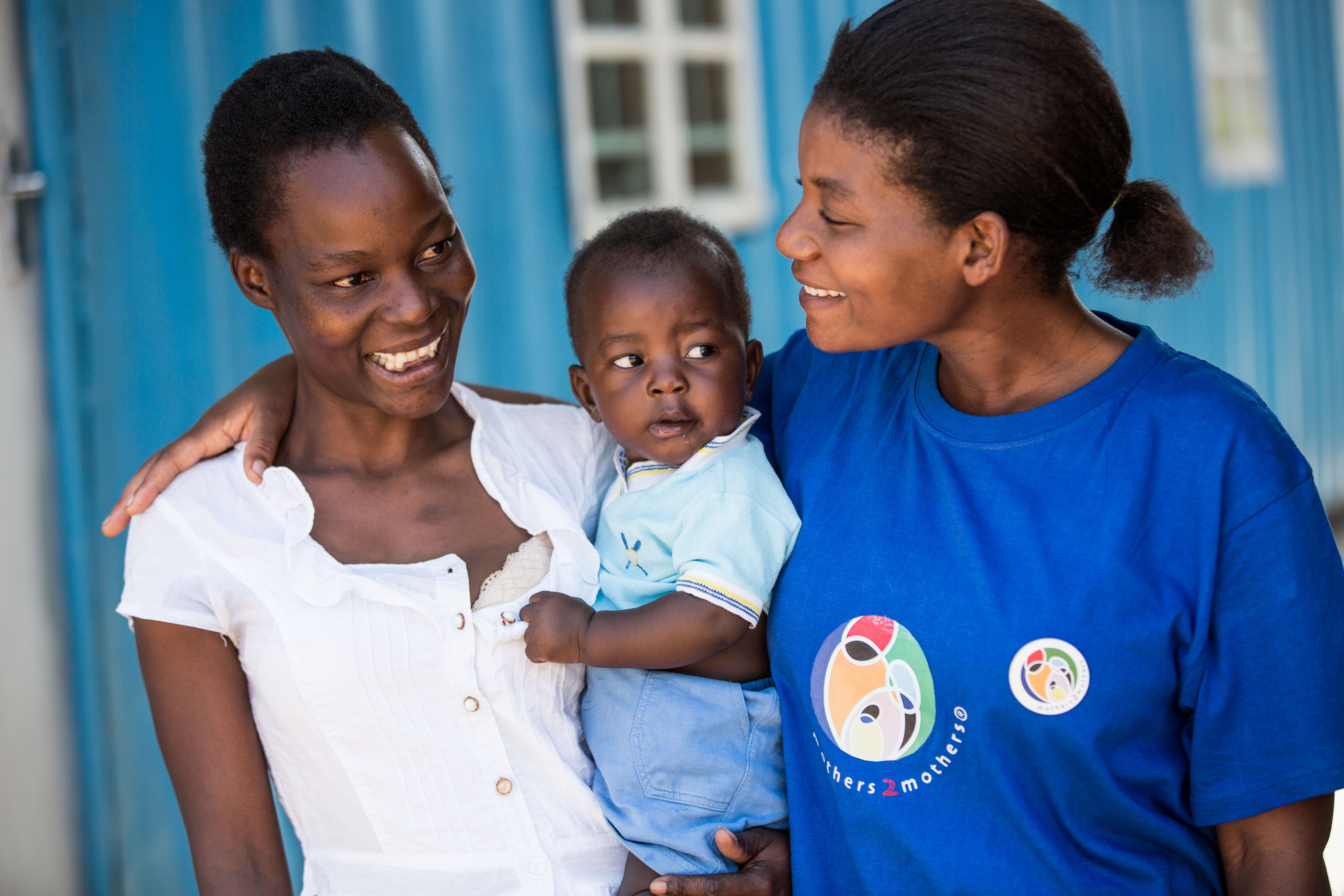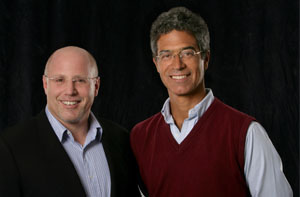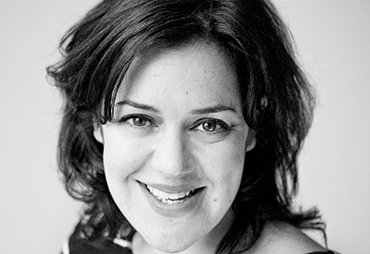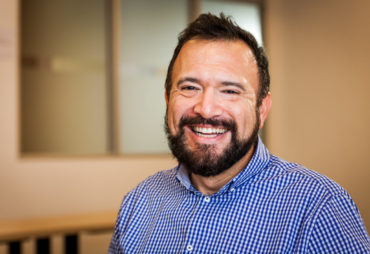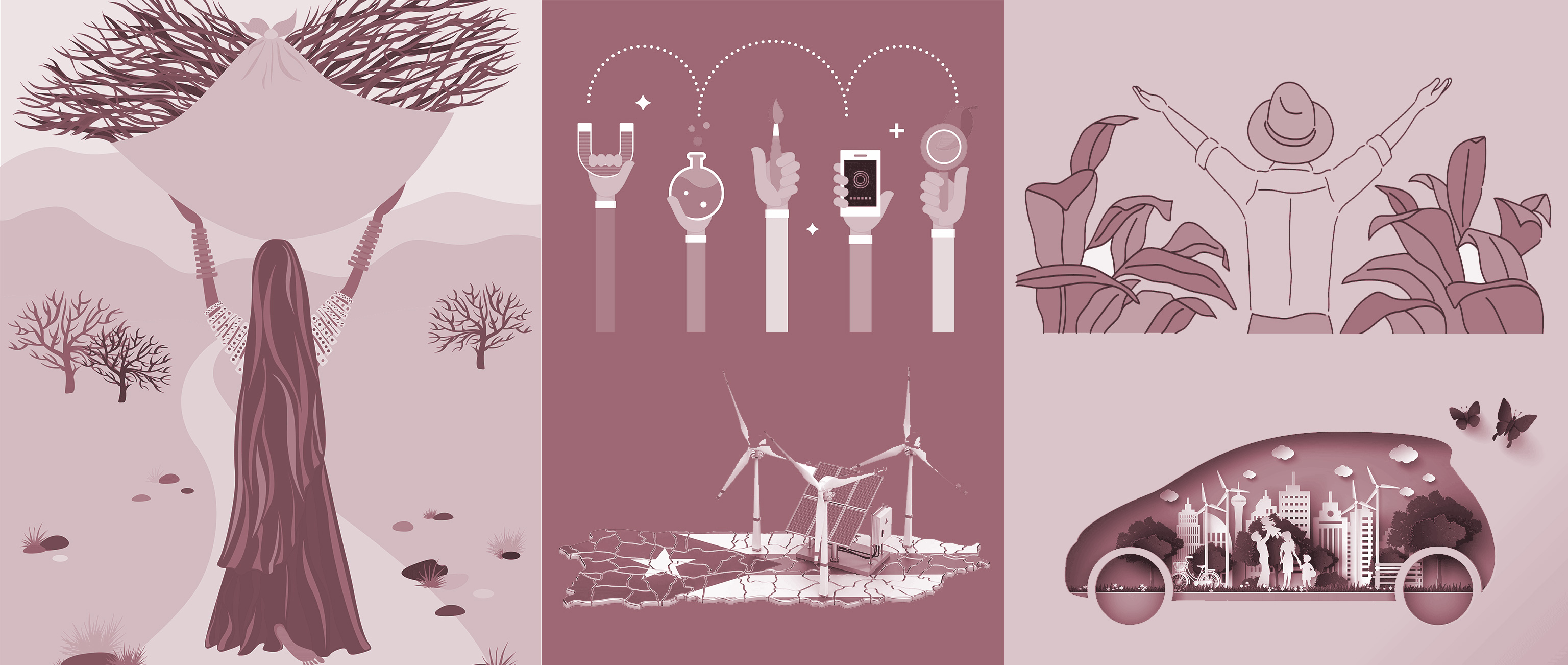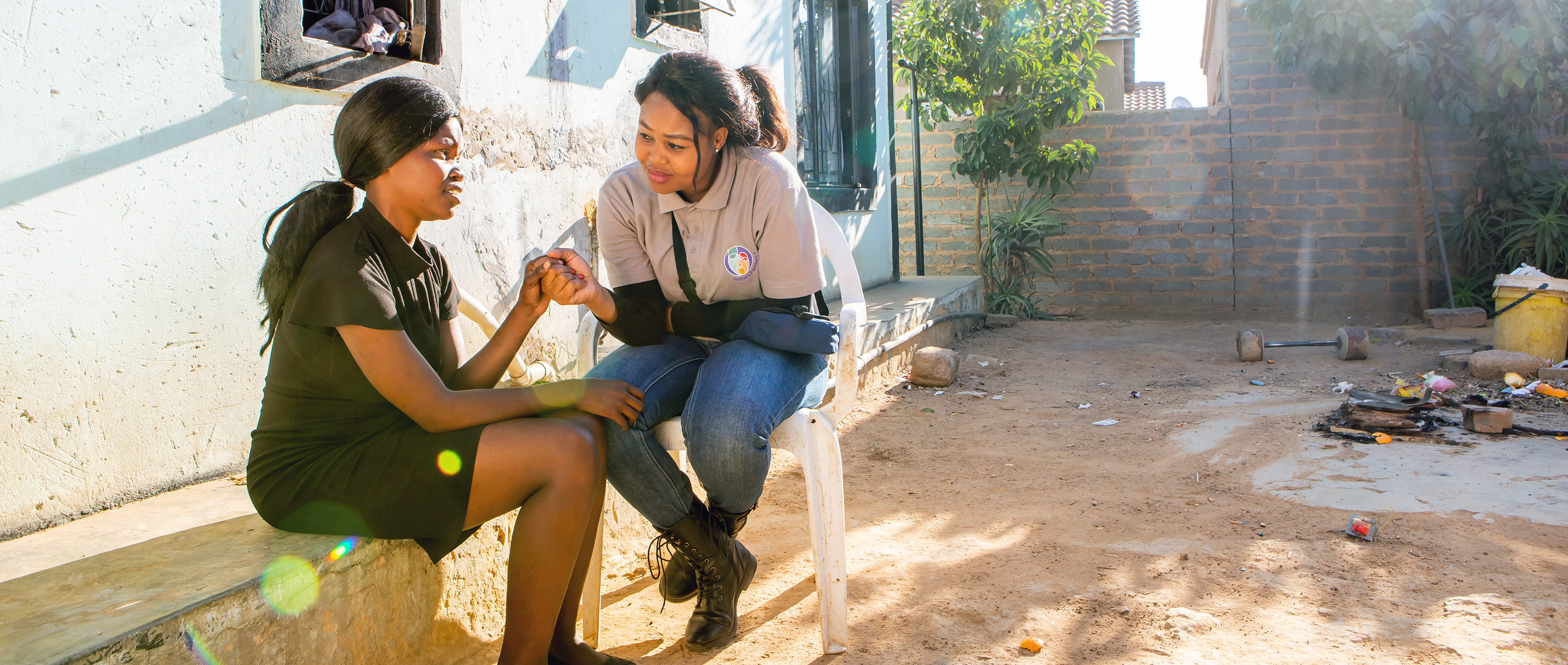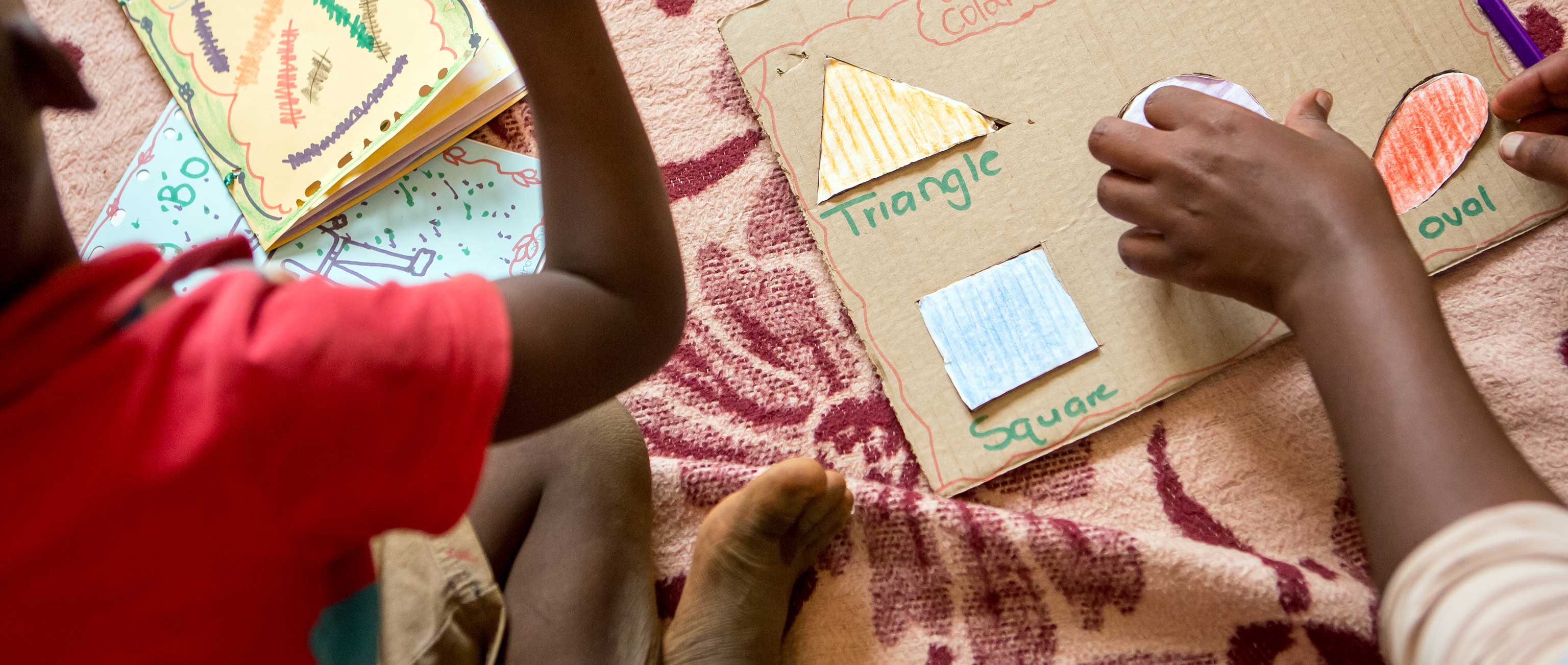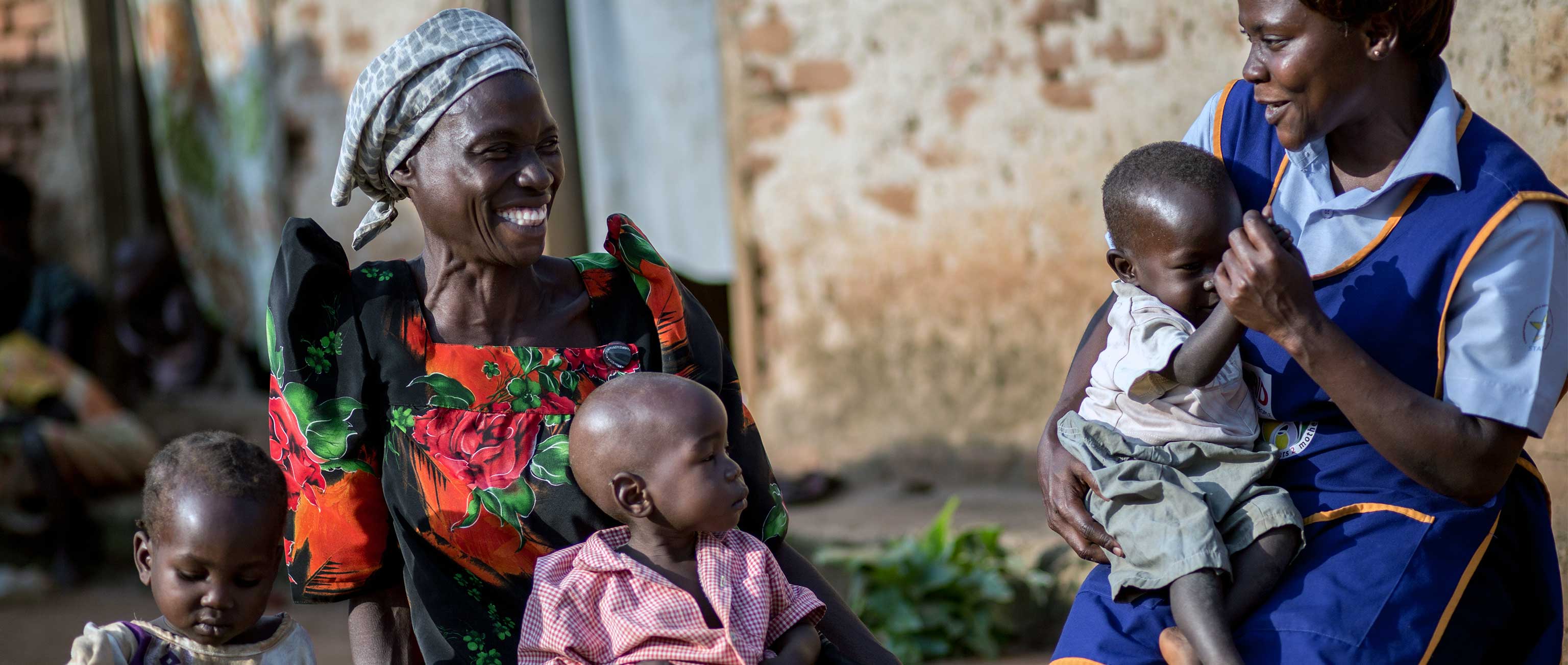mothers2mothers (m2m) is an African NGO that bolsters healthcare systems and improves the health of families while delivering empowerment opportunities for women.
Africa’s health systems are under tremendous strain with a shortage of 4.2 million healthcare workers, according to the World Health Organization. This makes it difficult for those who need healthcare to access services, remain in care, and adhere to their treatment. It is also a major contributor to the HIV/AIDS pandemic in sub-Saharan Africa. Other challenges to eliminating AIDS include HIV-related stigma and a lack of accurate health information.
m2m tackles these challenges by training and employing women living with HIV as frontline health workers in health facilities and communities. These Mentor Mothers ensure that women and families receive quality healthcare education and services and are supported on their treatment journey. This integrated model of providing services across health facilities and communities improves access, uptake of treatment, adherence, and retention in care.
Founded in 2001, m2m has reached more than 11 million women and children and created over 10,000 jobs. From an initial focus on eliminating pediatric AIDS, m2m has evolved its model to deliver family-centered support for a range of related issues spanning pregnancy, birth, childhood, and adolescence. The organization also partners with governments and other NGOs to spread its Mentor Mother Model’s benefits.
